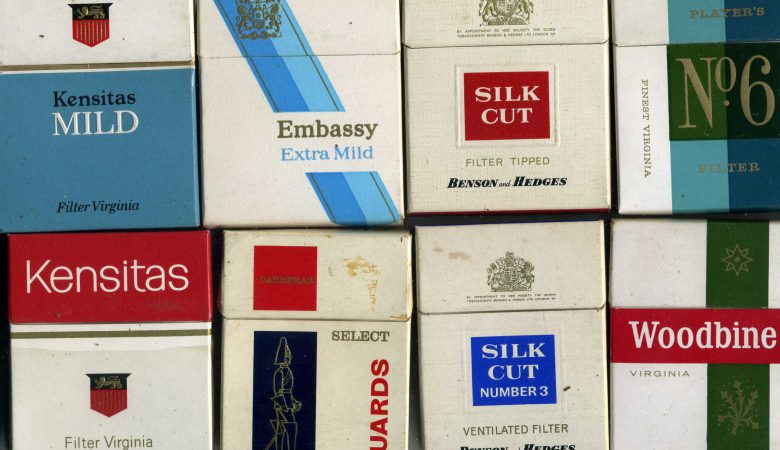Countries Continue to Foolishly Push for Plain Packaging
As Canadian Parliament resumed last week, special attention is being paid to S-2, which would introduce plain packaging regulations for all tobacco products. Today, the Singapore Ministry of Health announced it was seeking public feedback about proposed plain packaging rules that could go into effect.
After the failure of plain packaging in Australia, it is a mystery why countries are continuing to push for these regulations. Australia was the first country to introduce plain packaging, doing so in 2012. At the time, smoking rates were declining, and the government’s intention with the policy was to decrease it even further.
However, according to the National Drug Strategy Household Survey, smoking rates in Australia did not decline over the most recent 3 year period. In fact, the steady two-decade-long decline in smoking stalled! Professor Sinclair Davidson of RMIT University points out that with population growth, this shows more Australians are smoking today than when the policy was introduced.
Aside from evidence that it does not accomplish its stated goal of reducing smoking rates, plain packaging should be continued to be opposed because it is an egregious violation of intellectual property rights. A company’s unique branding on their products is protected by trademark law. This branding helps the company to build rapport with consumers. Consumers can then easily identify which products they do and do not like based on recognizable branding. Stripping products of this branding remove the ability for companies to build brand loyalty and for consumers to make informed decisions.
The results speak for themselves: plain packaging, while perhaps well intended, is a failed policy. There are now more smokers in Australia and especially more illicit cigarettes in Australia then there were ever before. It violates the intellectual property rights of companies by stripping them of their branding and unique identifiers used to build relationships with consumers. New calls for plain packaging in other countries should be deafened by the insurmountable facts that it is not effective and, even if it were, violates intellectual property rights.
Image source: Flikr

